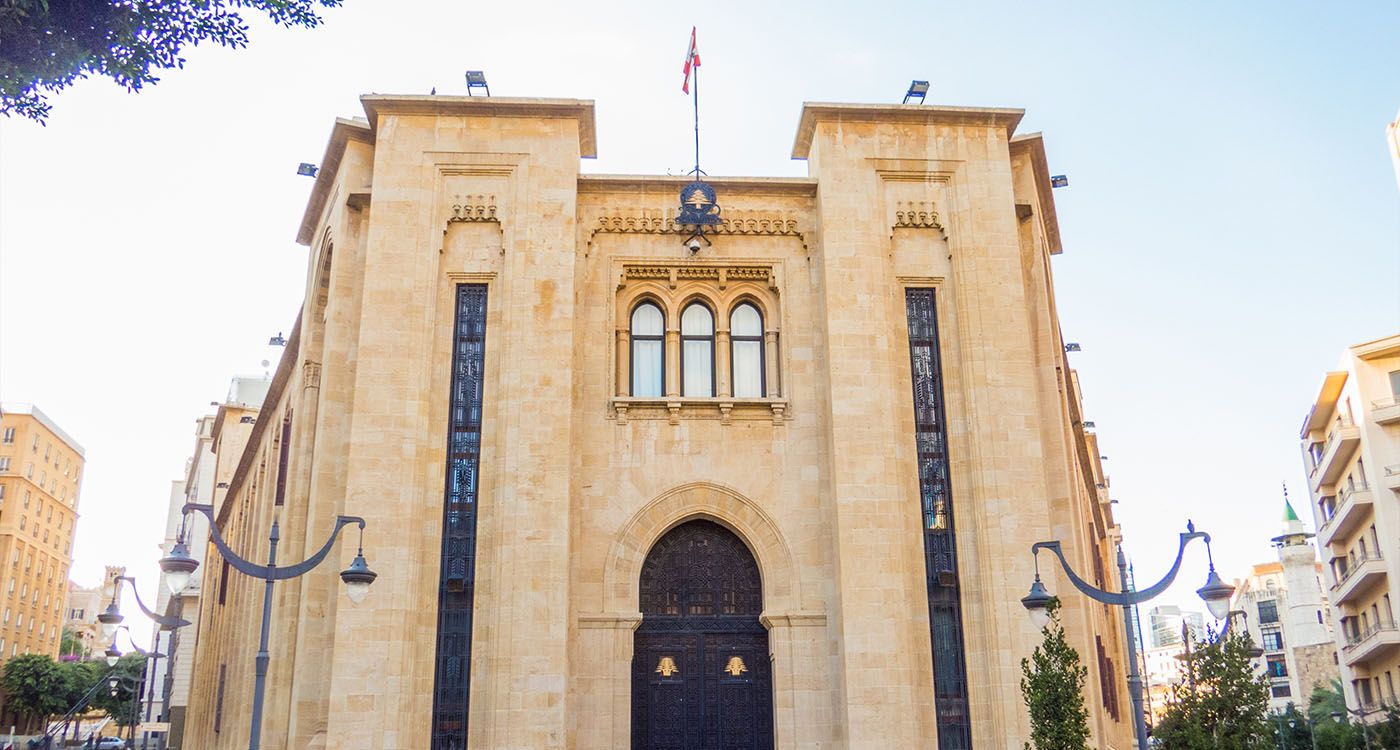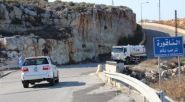
Lebanon is poised to enter a contentious and unpredictable debate ahead of the upcoming parliamentary elections, with disputes already emerging over the electoral law that will govern the vote. Tensions escalated after Speaker Nabih Berri rejected expatriate voting and called for a new electoral law, describing the current legislation as a “monster.” His bloc, represented by MP Ali Hassan Khalil, has proposed shifting to a single nationwide constituency based on proportional representation.
Lebanese Forces leader Samir Geagea swiftly criticized the proposal, denouncing how the debate was initiated and defending the existing law as the best option under Lebanon’s complex political and demographic conditions.
The current debate in Lebanon transcends the technicalities of the electoral law itself; it embodies deep-rooted anxieties stemming from recent developments and more broadly, the country’s post-war trajectory. Persistent instability among political factions and Lebanon’s diverse sectarian minorities has fueled serious fears that any new electoral law could disproportionately advantage one group over others or serve particular political interests.
Proposals range widely—from the single-member district system used in France to the idea of Lebanon as a single nationwide constituency based on proportional representation. The fundamental debate is not about how the country is geographically divided—whether into one or 128 districts—but about how Lebanese citizens view the role and responsibilities of a Member of Parliament.
Sectarian concerns fuel support for smaller districts, which allow communities to elect their own representatives, while larger districts tend to empower dominant groups to consolidate political influence. This dynamic highlights an ongoing power struggle between stronger and weaker sects, with electoral laws often reinforcing privileges for some at the expense of others. Currently, these tensions are also linked to the Shia community’s efforts to expand its political influence in the wake of military setbacks last autumn.
Therefore, the discussion on electoral law cannot be solely approached as a legal or procedural matter. It is fundamentally shaped by deep fears—fears that rarely yield fair or effective legislation and more often sow division and conflict. This, in essence, is the true nature of the challenge Lebanon faces.



Comments